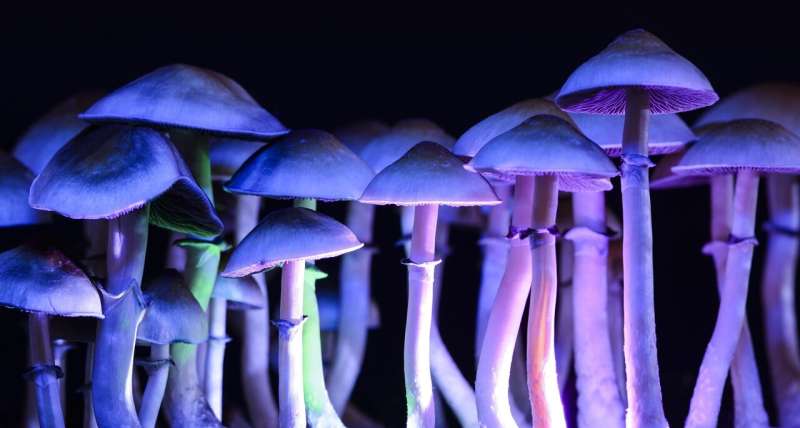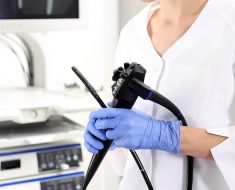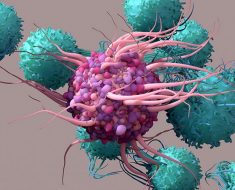
The golden road to pharmaceutical riches can quickly become a rocky wilderness trail. Chemical compounds that hit a target in the lab often fall short in human studies.
But biotech startups, academic scientists and investors say that research into psychedelic drugs starts with a major advantage. These substances are already known to work.
The goal is simply to improve upon them—so they’re safer, more effective and faster-acting. Someday, perhaps, psychedelic-like drugs could treat mental illness for a fraction of what it costs to do therapy with conventional tools.
Three drugs—MDMA, psilocybin, and ketamine—are the furthest along in clinical development for mental health disorders, according to Dr. Boris Heifets of the Stanford University School of Medicine.
Investors are already betting tens of millions of dollars, sensing the opportunity to replace drugs like Prozac, Zoloft and other selective serotonin reuptake inhibitors. Prescription sales for these depression treatments are estimated to be $50 billion a year globally, while the mental health market is worth about $100 billion in annual sales.
Venture-capital funds that are focused on early stage psychedelic companies include Empath Ventures in Los Angeles, Tabula Rasa Ventures in New York City; PsyMed Ventures in San Francisco.
“It’s now socially acceptable for a respected scientist to study psychedelics and run a clinical trial,” said Brom Rector of Empath Ventures. “And it’s acceptable for a serious venture capitalist to put money into a psychedelic company.”
Over 1,000 patent applications have been supported in this new field, according to patent attorney Graham Pechenik of San Francisco’s Calyx Law. According to his patent tracking website, more than 400 involve the drug psilocybin; 250, ketamine; 200, ibogaine; 200, LSD; 200, DMT, 150, MDMA, and 100 for a drug called 5-MeO-DMT. Because patent applications are only made public 18 months after submission, the real number is likely far higher, he added.
A recent report from Data Bridge Market Research projects that the global market for pharmaceutical psychedelics will reach $6.4 billion by 2030.
Some companies merely tinker with existing agents, aiming to fine-tune them. But others are developing entirely new chemical entities. Using computers, scientists model their structure. Then they send instructions overseas, usually to India, where the molecules are produced. Once returned to the U.S., they are tested with so-called screening assays to identify any promise.
Companies working with psychedelic drugs include:
- Arcadia Medicine, San Francisco
- Atai Life Sciences, Berlin, Germany
- Beckley Psytech, Oxford, England
- Bright Minds. New York City
- Compass Pathways, London, England
- Cybin, Toronto, Canada
- Delix Therapeutics, Boston
- Freedom Biosciences, San Francisco
- GH Research, Dublin, Ireland
- Gilgamesh Pharmaceuticals, New York City
- Mind Medicine, New York City
- Multidisciplinary Association for Psychedelic Studies, San Jose
- Reunion Neuroscience, Toronto, Ontario, Canada
- Tactogen, Palo Alto
- Usona Institute, Madison, WI
- Viridia Life Science, New York City
Source: Read Full Article





